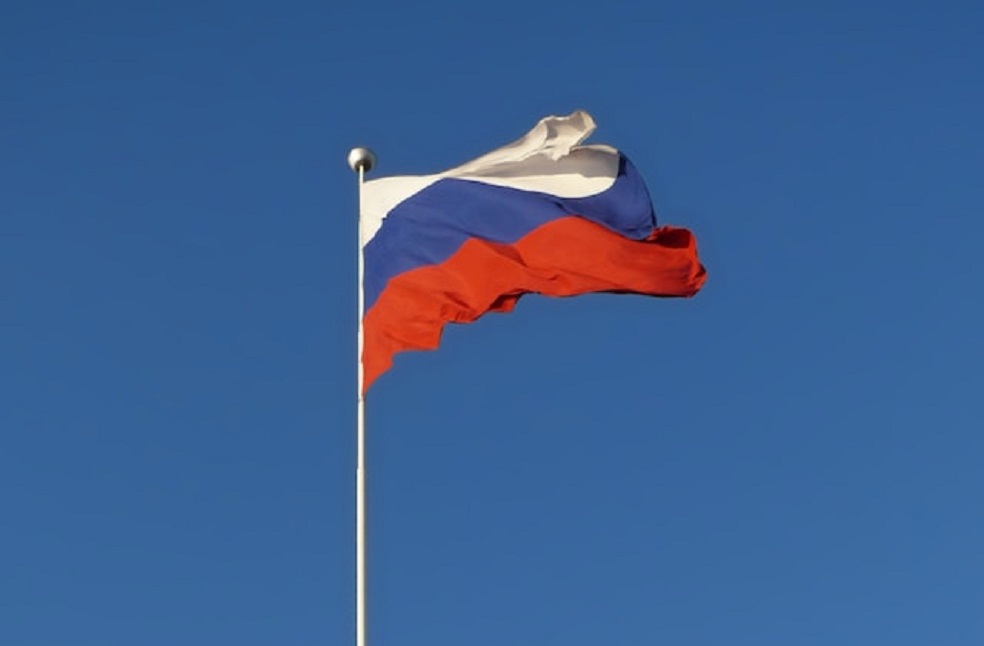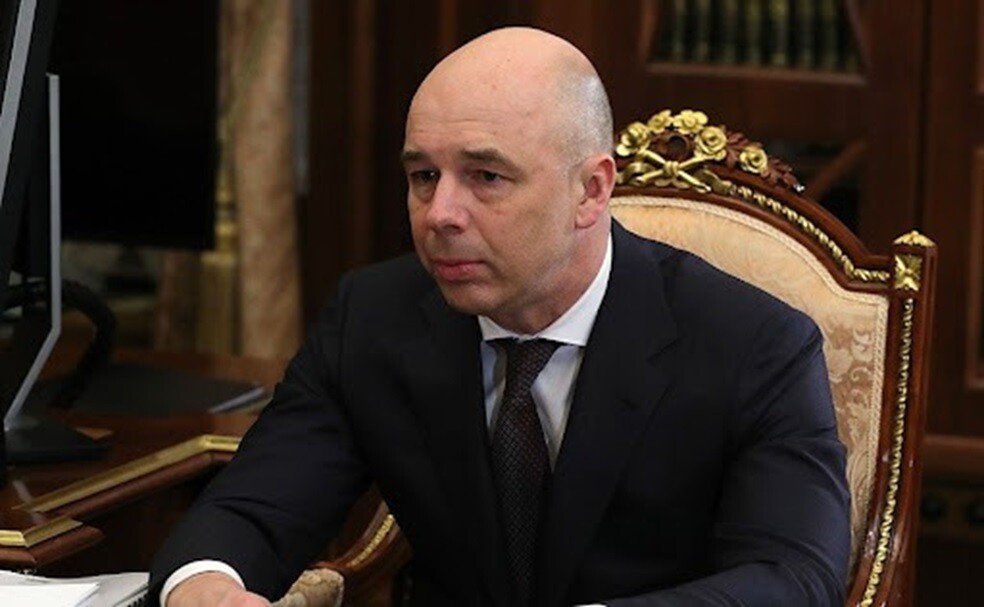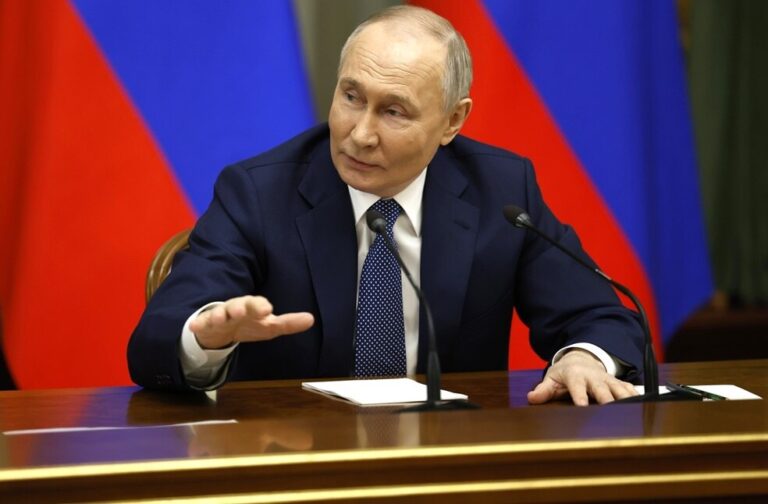Russia: Russia has made plans to increase taxes on corporations and the affluent to gather more money for its invasion of Ukraine.
Since Moscow sent soldiers into Ukraine in February 2022, the government has spent tens of billions more money than it has earned due to sanctions that have stopped lucrative energy shipments to Europe.
On Tuesday, the Ministry of Finance suggested raising company tax and creating new tax levels for high incomes.
According to estimates from the Finance Ministry, the changes are anticipated to generate roughly 2.6 trillion rubles ($29 billion) year, as reported by the news outlet Interfax.

“The changes are aimed at building a fair and balanced tax system,” Minister of Finance Anton Siluanov said in a statement, adding that the extra funds would bolster Russia’s “economic wellbeing”. The suggested changes would take effect in 2025.
Shortly before securing a fifth term in office in March, Russian President Vladimir Putin hinted that the nation would raise taxes for corporations and wealthy individuals, moving even further away from the flat rate of income tax that served as the cornerstone of his economic policy during his first two decades in office.
For most Russians, income tax is currently 13 percent; for those who make more, it is 15 percent.
Under the revised provisions, the Finance Ministry stated that the 15 percent rate would be applicable to yearly incomes ranging from 2.4 to 5 million roubles ($27,000 to $56,000), with three further income bands (18, 20, and 22 percent) situated farther up the income scale. The highest rate would be charged on income over 50 million roubles ($560,000).

According to Siluanov, two million people will be impacted by the changes, and families with two or more children will receive rebates.
According to Interfax, the company tax would increase from 20 to 25 percent, adding 1.6 trillion roubles ($18 billion) to the budget in 2025 and 11.1 trillion roubles ($125.3 billion) by 2030.
According to the ministry, a rise in the proportion of profitable enterprises in the economy may lead to an increase in corporate tax rates.
According to the Finance Ministry, soldiers engaged in combat in Ukraine would be granted exemptions from the tax code.
In 2022 and 2023, Russia’s combined budget deficit was approximately 6.5 trillion rubles, or $73 billion.
This year, 1.6 trillion rubles ($18 billion), or roughly 0.9 percent of GDP, are short of what it has budgeted for.



